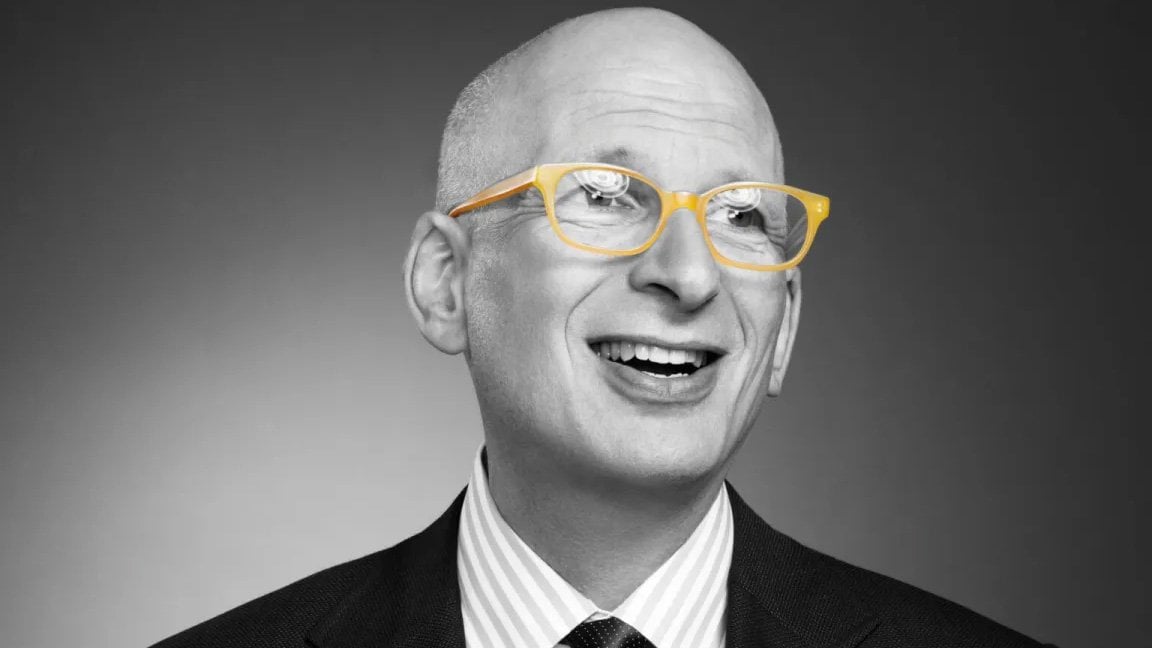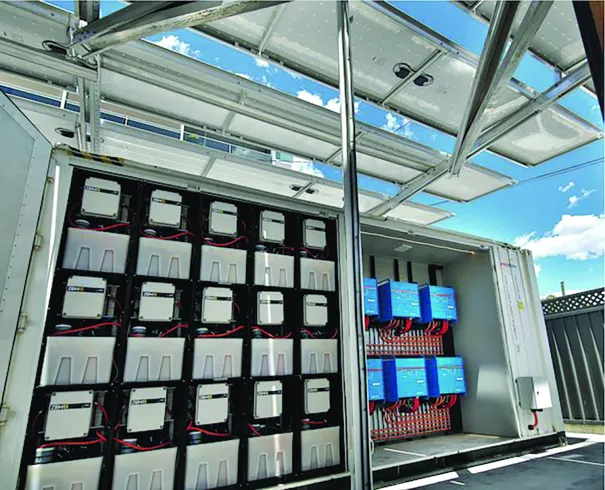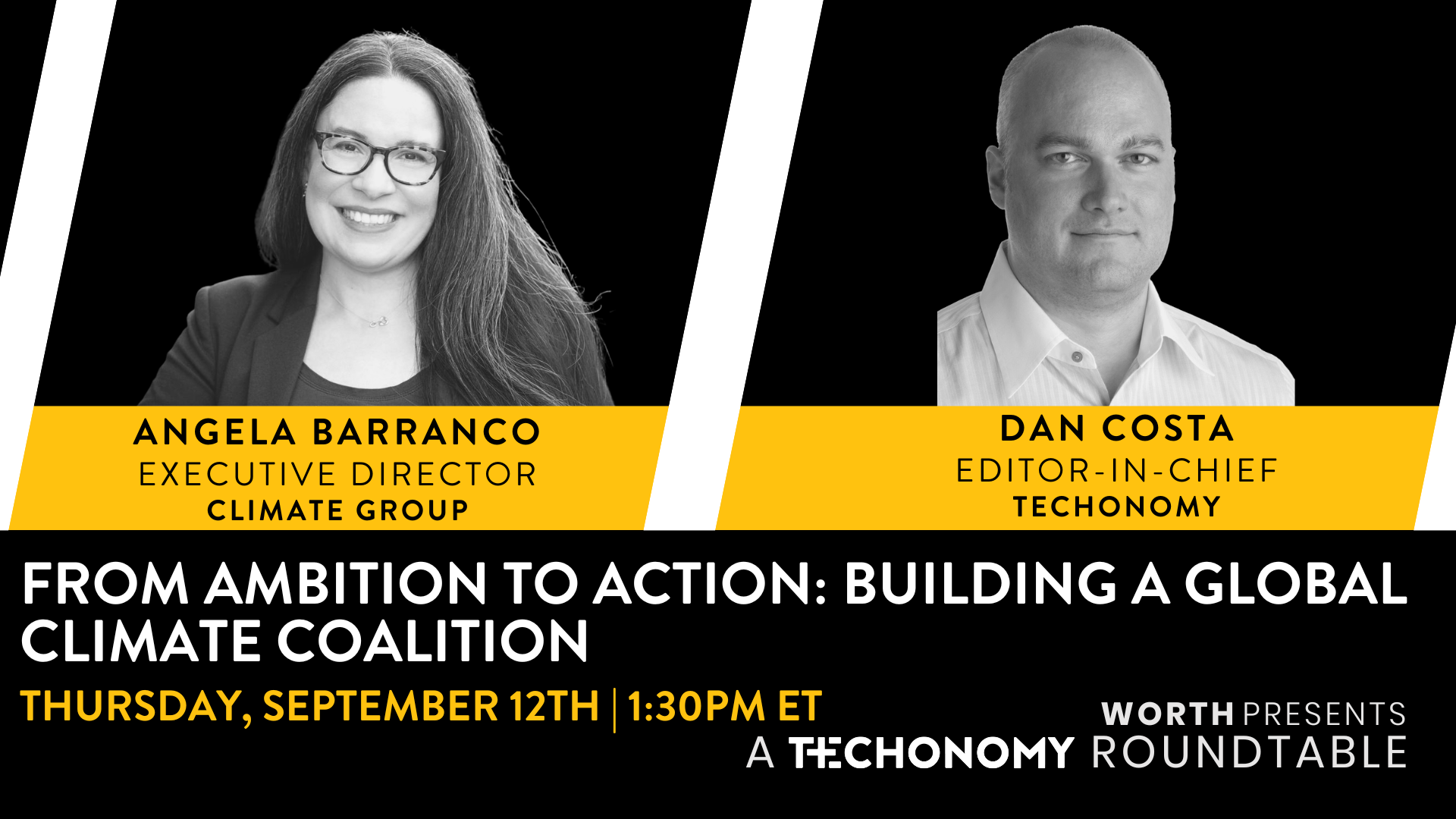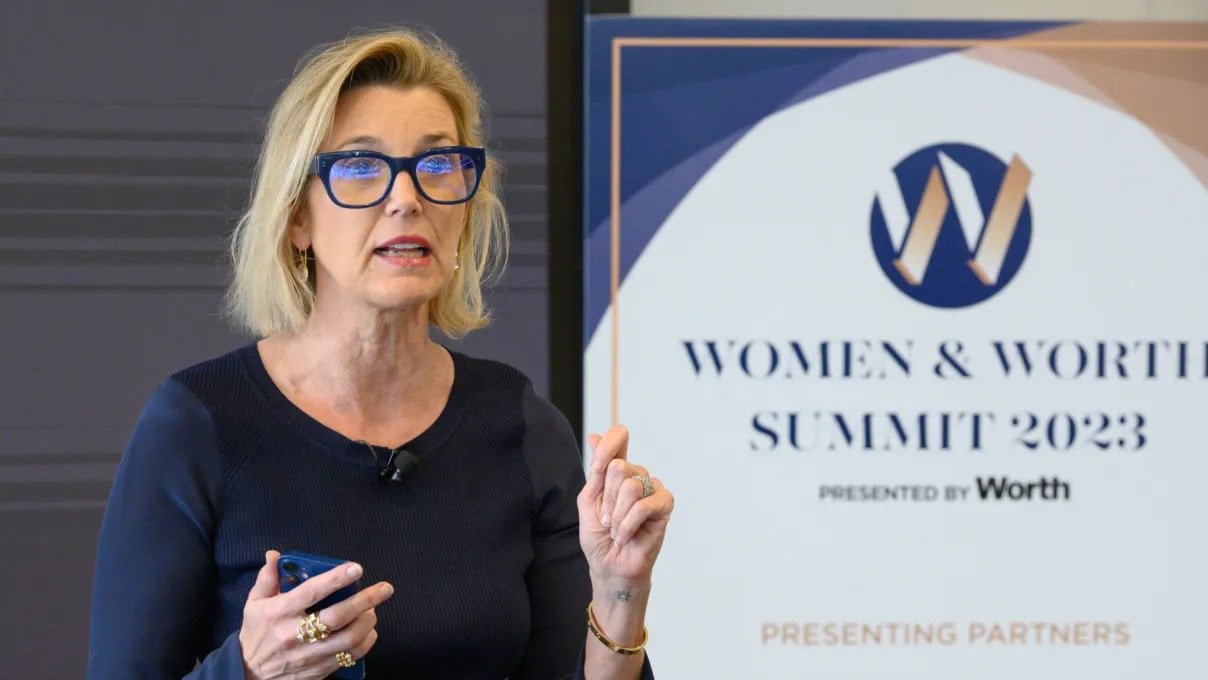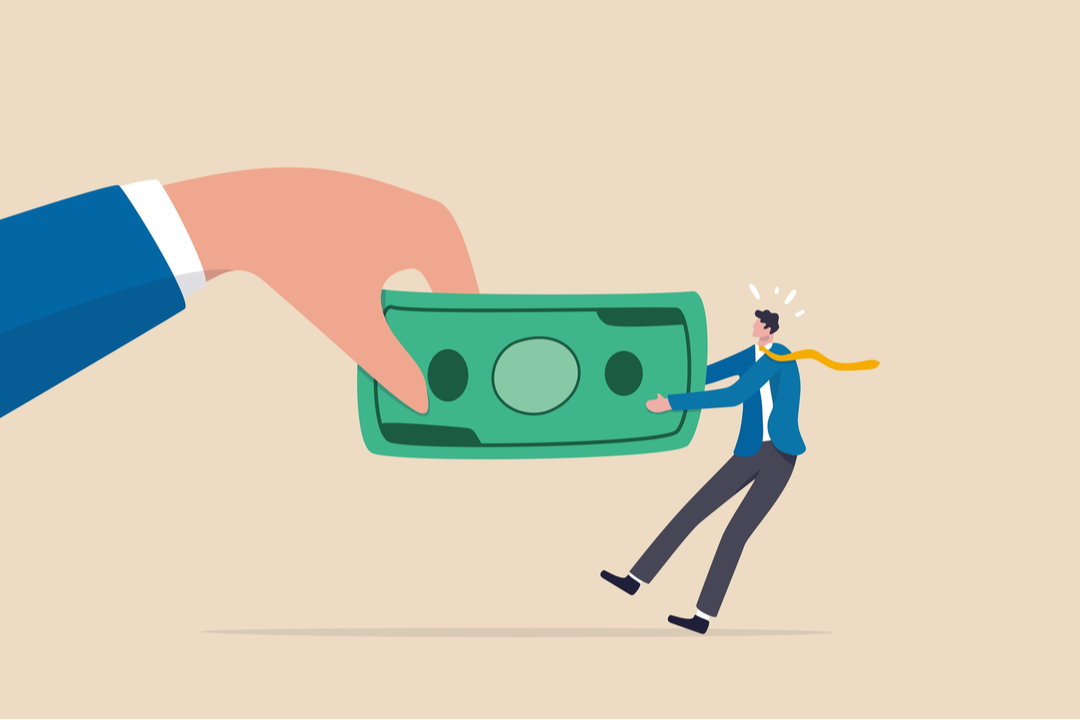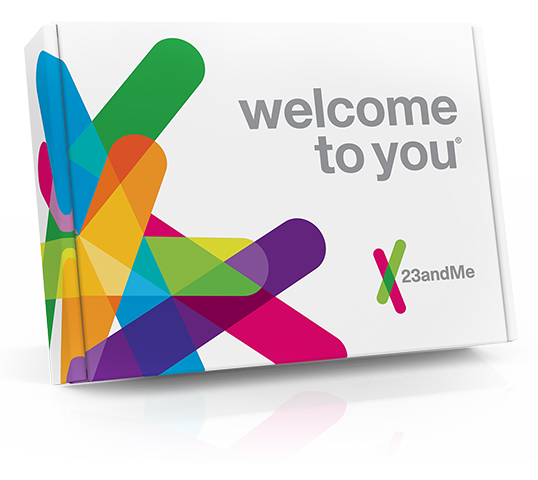 Direct-to-consumer genomics company 23andMe announced two research partnerships with pharmaceutical companies earlier this month. Since then, a lot of pundits have sounded positively appalled by the development. It reminds me of that great scene in “Casablanca” when Captain Renault says, “I’m shocked—shocked—to find that gambling is going on in here!” as he collects his own winnings.
Direct-to-consumer genomics company 23andMe announced two research partnerships with pharmaceutical companies earlier this month. Since then, a lot of pundits have sounded positively appalled by the development. It reminds me of that great scene in “Casablanca” when Captain Renault says, “I’m shocked—shocked—to find that gambling is going on in here!” as he collects his own winnings.
Since 23andMe launched in 2006, the business model was always two-pronged. It would sell a service to consumers interested in learning about their personal genetics. And it would also aggregate all that genetic data about individuals and sell it to pharmaceutical and biotech companies so they could mine the information to guide drug development. From the outset, industry observers expressed concern about this duality. In the time since, plenty of commentators have focused on what is often characterized as the company’s ulterior motive to sell customer data. (Here’s one example from Mother Jones.)
So why all the handwaving now? 23andMe reminded the world of the data-peddling half of its business model earlier this month when it announced the two new deals and alluded to as many as a dozen more waiting in the wings. Developing relationships like these took on added business importance for the company in the past year as the FDA forced it to stop providing customers any health-related results from their genetic data. That action hobbled 23andMe, turning it into just another provider of ancestry information—the only kind of genetic information the FDA deems safe for consumers to access on their own.
The new deals provide a path forward for 23andMe as it works with the FDA to reinstate the health information service. One deal, a multi-year partnership with Genentech to sequence the genomes of 3,000 people with Parkinson’s disease who have opted into the process, could be worth as much as $60 million. The other agreement gives Pfizer access to aggregated data from more than 600,000 customers who agreed to participate in research. Pfizer will look for genetic links to diseases such as lupus; the deal expands upon a previous alliance to study the genetics of inflammatory bowel disease.
The mock shock we’re seeing is based on the assumption that 23andMe customers have been hoodwinked into contributing their data to these partnerships—suckered by a fun service into giving more than expected. But is that really the case? I’m a 23andMe customer and have received regular communications from the company detailing how to opt into or out of research.
There’s another way to look at this: that customers know what they’re doing and see this as a way to make a difference. Most of us know that drug company pipelines are weak, and that it costs far too much to develop new therapeutics. It’s in everyone’s interest to find faster, cheaper ways to develop more effective drugs. If access to data at 23andMe helps accomplish that, we all win. Sure, there are different models to consider. For example, I’d like to see an approach that financially rewards people who contribute their data to research that leads to a viable new drug.
The fact that Pfizer signed on for a second deal could be a validation of the idea that mining massive amounts of aggregated data can lead to better drug candidates. One of the most expensive elements in developing a new medication is the clinical trial process. It costs a fortune to locate the right people, convince them to participate, account for all those who stop partway through, and of course monitor drug reactions throughout. There’s also the physical toll for all the participants who discover first-hand the side effects of a new drug.
23andMe can’t solve the clinical trial problem, but its data may help drug companies better target their trials toward patients whose genetics make them more likely to do well on a drug, or less likely to suffer adverse reactions. That kind of targeting could save money, put fewer people at risk, get drugs to market faster, and ensure new medications are given to people most likely to benefit from them.
If that’s the prize, I bet many of us would gladly contribute our data to the cause. Indeed, people who use a website called PatientsLikeMe have already proven the model, not only sharing their data but also rallying for spontaneous, informal trials yielding important results about drug efficacy. In one example, some patients voluntarily tried a treatment reported as promising in a research paper; they found that it didn’t work, long before a proper clinical trial was organized. (For details, check out this video, about 10 minutes in.)
This is a way for regular consumers to help speed up drug development without having to serve as guinea pigs in a clinical trial. It could start a revolution in how pharmaceutical companies get medications to market, offering hope for what seems to many a broken system.
In a letter to customers this month, 23andMe CEO Anne Wojcicki wrote that the new research partnerships serve an important goal: “to make sure we empower ourselves and empower others. Both are equally important.” I think of myself as an empowered consumer actively working to improve the state of drug development rather than as the hapless victim of a company being sneaky with my data. As long as research participation remains voluntary, I suspect my fellow 23andMe customers feel the same.
Are 23andMe Customers Suckers or Empowered Consumers?
Direct-to-consumer genomics company 23andMe announced two research partnerships with pharmaceutical companies earlier this month. Since then, a lot of pundits have sounded positively appalled by the development. It reminds me of that great scene in "Casablanca" when Captain Renault says, “I’m shocked—shocked—to find that gambling is going on in here!” as he collects his own winnings.





